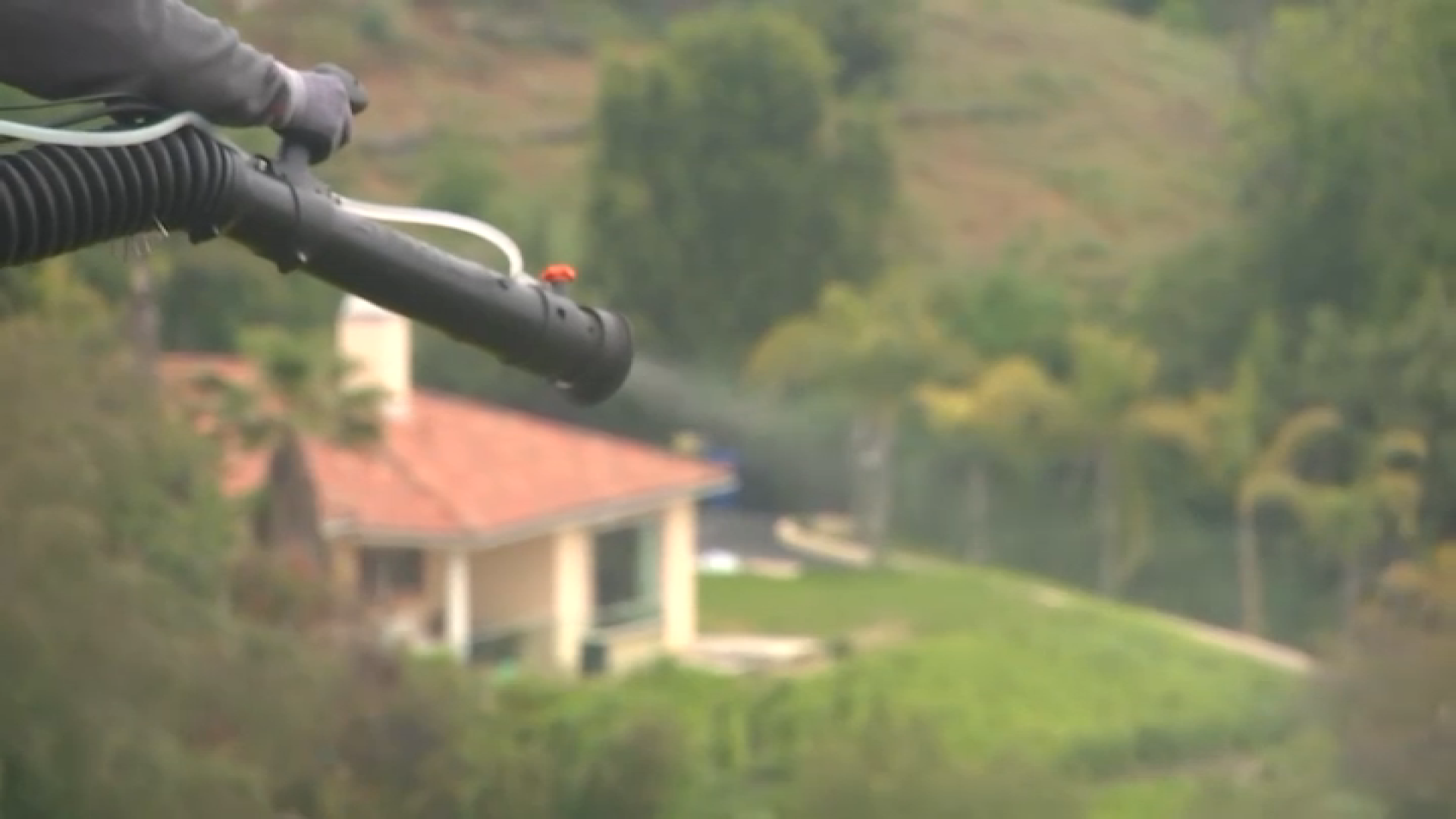A California ballot initiative to raise the tax on cigarettes that pitted big-spending tobacco companies against cycling legend Lance Armstrong and the New York City Mayor failed after a final count on Wednesday morning.
Proposition 29 failed to pass by just less than 3 percent.
A blizzard of industry-financed radio and television advertisements over the last two months closed the gap on an effort to impose an additional $1-per-pack tax on cigarettes to fund cancer research.
In March, a statewide poll suggested the measure would pass with two-thirds approval. But support slipped just below percent of the vote with more than 3 million ballots cast.
With millions of votes still to be counted, it could be days or longer before a winner is declared.
The attempt to hike taxes on cigarettes and other tobacco products became a national fight with tobacco companies pouring in millions to quash the effort and celebrities urging voters to support it.
Tobacco taxes have been proven to reduce smoking. But opponents said the initiative would create an unaccountable bureaucracy and hurt the economy by sending tax money raised in California to other states.
Local
An extra tax in the nation's most populous state also could mean major losses for tobacco companies.
Both camps said Tuesday night that they had anticipated a close race and remained confident.
"It's going to be a long night, and that's what we expected," said Beth Miller, spokeswoman for the no on 29 campaign. "It's been a question of the voters taking a look and deciding that they really didn't want to support this measure, but it's also coupled with the fact that people generally do support cancer research."
Supporters promised the tax revenue would stay in California and said tobacco companies were inventing arguments to obscure their true motive -- safeguarding profits.
"We've been ahead all night and we expect to stay ahead," Jim Knox of the American Cancer Society said Tuesday. "I think the public health message has gotten through the smoke screen of the tobacco companies' nearly $50 million misinformation campaign."
Armstrong and a coalition of anti-smoking groups raised about $18 million to bolster the measure. New York City Mayor Michael Bloomberg gave $500,000 to the campaign to help offset the industry donations.
The tax would generate about $735 million a year, according to the independent legislative analyst's office.
Voters on both sides of the issue expressed strong convictions Tuesday.
"I think that we should aggressively discourage smoking -- make it less convenient, make it more expensive," said Susan Hyman, a Democrat who cast her ballot at a Long Beach polling station.
In nearby Glendale, Craig Jerpseth, a 43 year-old nurse, was equally certain about voting the measure down, along with anything or anyone who might mean more taxes.
"I hope we don't get any more taxes. That's pretty much it," he said.
A slew of newspapers, including the Los Angeles Times, have opposed the measure while proclaiming their reluctance to side with tobacco companies. They argue that the revenue should go to the state, which Gov. Jerry Brown announced last month now faces a deficit of $16 billion.
With a smoking rate of 12.1 percent, California has not raised these taxes since 2000. If the measure passes, California would still have only the 16th highest tax rate in the nation.
Follow NBCSanDiego for the latest news, weather, and events: iPad App | iPhone App | Android App | Facebook | Twitter | Google+ | Instagram | RSS | Text Alerts | Email Alerts



